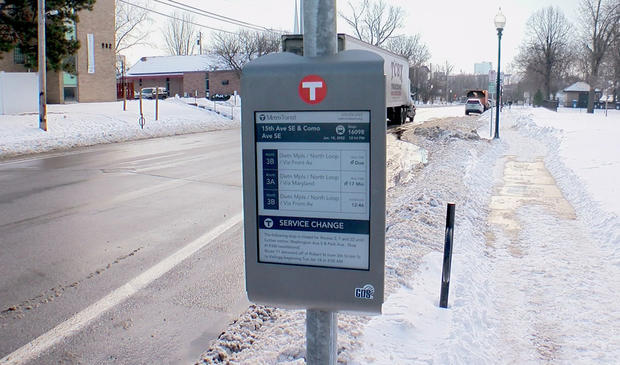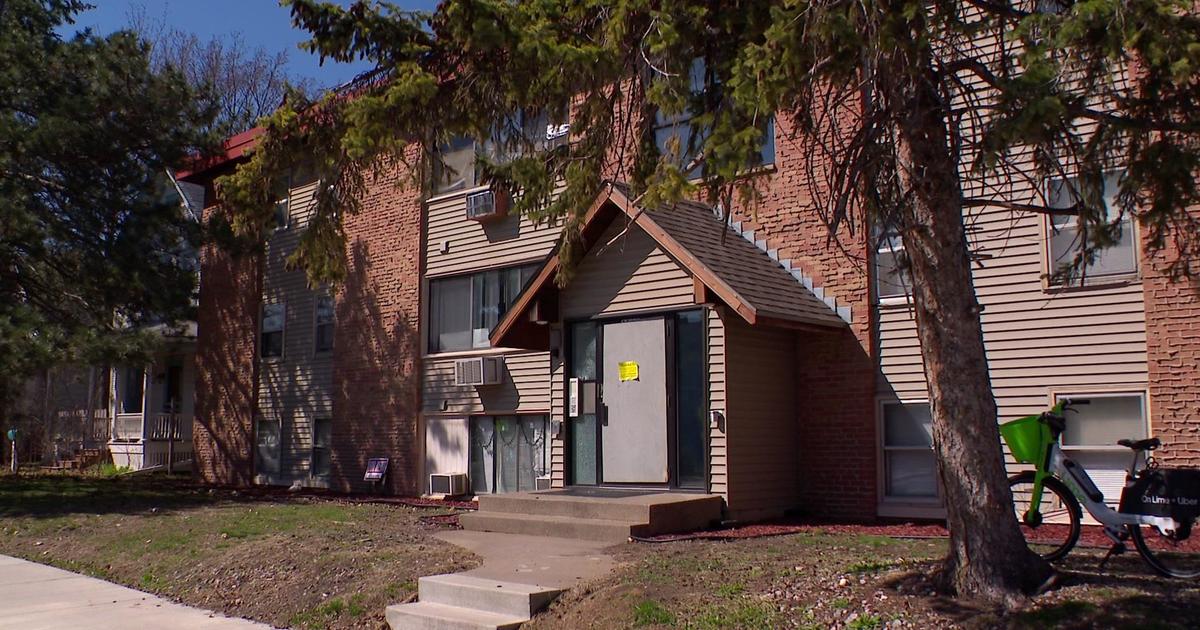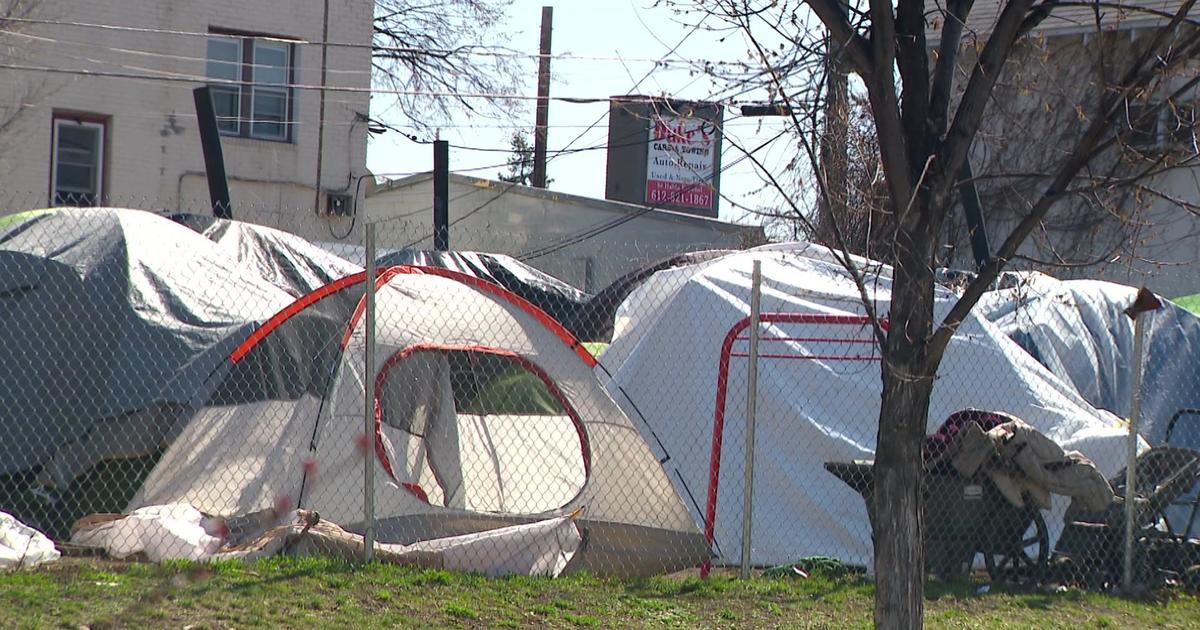Metro Transit Rolls Out Solar-Powered Tech At Bus Stops
MINNEAPOLIS (WCCO) -- It looks like e-book, but the tablet affixed to the bus stop at the corner of Como Avenue and 15th Avenue Southeast gives real-time transit information powered by the sun.
Metro Transit is testing four solar-powered signs at bus stops across Minneapolis, an effort that is cheaper and reduces greenhouse gas emissions.
It only needs two hours of sunshine to get batteries charged up and comes at a fraction of the cost of other LCD monitors at other stops, which cost upwards of $20,000 compared to $3,500 to $5,000 per installation of the solar signs, said Jacob Brown, the assistant manager for transit information at Metro Transit. Federal grant money is funding the project.
"Anything we can do to lower energy consumption is great," Brown said. "A much smaller cost, and provides the same benefit, too. Real-time information for our customers."
Metro Transit is testing the four signs for a year so they can experience all seasons. Boston, Portland and Seattle are other cities that are using the technology with success, Brown said.
"We're always looking for new technologies to test out to help our customers," he added. "The big part that we really liked is that it's smaller footprint, doesn't require the same infrastructure so we can do without hard-wired power communications."
If a bus stop were to close, the equipment can move elsewhere -- but traditional hard-wired signs cannot be removed and reused. Each poll has a cellular modem that pulls in information from Metro Transit's servers that updates every 30 seconds to one minute.
The Minnesota Department of Commerce said the project is just one example of how solar has grown across the board in Minnesota in the last decade -- from residential to commercial, state agencies and local units of government.
In 2008, the state used just 1-megawatt -- the unit of measurement for solar energy -- compared to 1,000-megawatts 10 years later, said Michelle Gransee, director of the state energy office at the department.
"There's cities of all sizes across Minnesota that are doing installations at their wastewater treatment plants and their educational facilities, at their schools," she said. "There's just a whole wealth of opportunity there."




